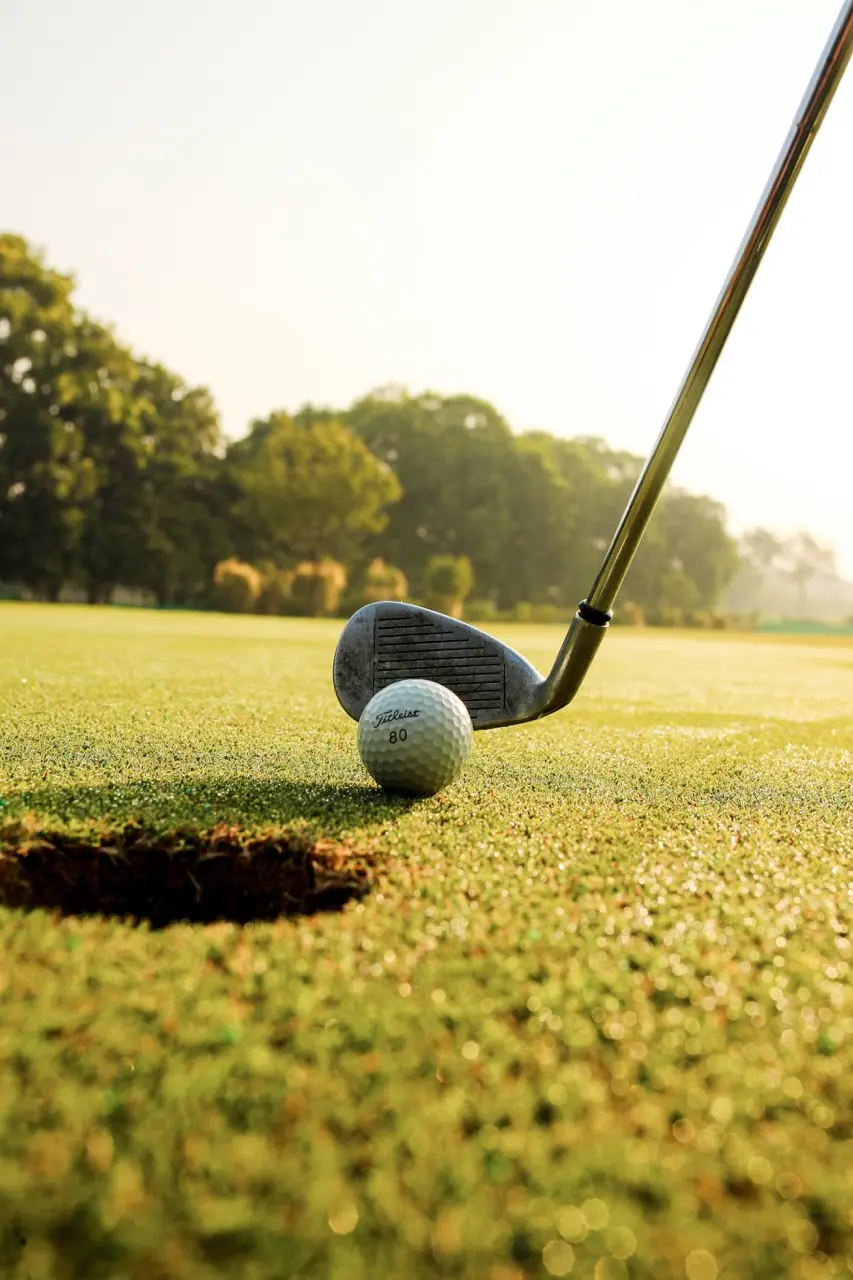Golf For Addiction Recovery
Call Now
Healthy Life Recovery is located in San Diego, California, and offers outpatient substance abuse and dual diagnosis treatment. Our treatment center encourages clients to recover while exploring some of their favorite hobbies. By combining holistic methods like golf with evidence-based therapies, long-term recovery from addiction can be found.
What is Golf for Recovery?
Apart from the recreational value of golfing, therapists use it to support patients with mental problems. For example, athletes release endorphins during exercise, a feel–good chemical that relieves people of stress and pain. The challenges that golfers face on the course prepare them for real–life challenges.
Golf makes it possible for athletes to identify their strengths and weaknesses. The recovery process takes a long time, and people need to take one step at a time. Experts know how to identify traits of patients and discuss how different programs would support their recovery.
Golfers rely on their trainers and treatment providers to guide them through the emotional stability programs. Clients can take part alone in the programs or participate in groups.

Is Golfing for Recovery Effective?
Most golfers release endorphins when they achieve specific goals, like getting the ball into the hole or walking around. Since golf is a type of exercise that enhances the release of endorphins, it becomes an effective way for patients to recover from substance use disorders.
Besides, golfing enables patients to form and foster cordial relationships based on shared interests–a crucial factor for mental health recovery. It teaches clients to be persistent and persevering, which are dear to anybody on a recovery path. Since golfing is an outdoor event, playing in the sun helps athletes to have a good mood.
Researchers have also reiterated the role of nature in reducing stress and depression in athletes. Healthy Life Recovery has qualified mentors who walk patients through how to deal with frustrations and handle setbacks. They begin to understand and appreciate that one may not be successful on the first attempt–but should be upbeat for a second chance.
Therefore, golf recovery can effectively mirror patients’ challenges in real life and prepare them to react during low moments. Golfing rejuvenates athletes by increasing their energy levels and clearing their brains to give them good feelings. Golf recovery suits athletes’ physical and emotional health and heart wellness.
What are the Benefits of Golf for Recovery?
The following are the benefits of golfing for recovery:
Golf is a Low-Injury Event
The overall risk of injury in golf is low compared to other sports events. What matters most in golfing is accuracy, coordination, and proper strategy when swinging and pivoting. In addition, it provides players with enough physical activities to stretch the muscles during recovery. The movement golfers use when on the course acts as a natural anti-inflammatory.
Golfing Keeps a Player’s Heart Rate Up
Patients looking for a holistic approach to recovery should try golfing, which offers a chance for the heart to function efficiently. Golfing is one of the best ways patients can adopt to burn excess calories to help the heart pump faster and improve blood circulation. In addition, the event supports the body to shelve the danger of heart problems and improve the biochemistry of an athlete.
Golfing Fosters Relationships
Individuals recovering from substance abuse, mental problems, emotional challenges, or physical disorders require something that can attach them to society. Given its social nature, golfing is a magnificent way to keep friends and families together when one is undergoing therapy. In addition, the sport is less intensive/competitive than other events; hence it connects more than tears participants apart.
Golfing Features Moderate Exercise, Which Reduces Anxiety During Recovery
Golfing helps patients to participate in active problem–solving activities under the umbrella of leisure. When players focus on the game, they tend to forget the things that lead to episodes of depression or anxiety. Besides, the endorphin enzymes the body produces during golfing play a crucial role in reducing stress.
Golfing is a Gateway to Nature’s Best
One of the most riveting things about golf is that it exposes players to nature. In addition, it is a fabulous way for athletes to switch off from the hustle and bustle of contemporary society, where technology and social media have taken over. As a result, players assume a state of calmness and clarity during the events.
Golf for Addiction Recovery in San Diego
When a patient’s heart functions properly, the brain gets enough stimulation, and the body becomes balanced. As a result, such clients recover faster than those who are inactive. Playing golf can help clients recover and find healthy coping skills to manage their mental health.
This attitude is crucial during recovery and especially for clients to stay well in the long term. People who are struggling with substance abuse or mental health can find peace and serenity on the golf course.
At Healthy Life Recovery, we understand that the road to a happier and healthier life requires a well-rounded treatment experience. Our treatment team is committed to supporting clients as they reach their mental health goals.


Medically Reviewed By:
Dr. Sanjai Thankachen
Dr. Sanjai Thankachen graduated from Adichunchanagiri Institute of Medicine in 2000. He completed his residency in psychiatry in 2008 at Creedmoor Psychiatric Center in New York. Dr. Thankachen is currently working with Pacific Neuropsychiatric Specialists in an outpatient practice, as well as working at multiple in-patient psychiatric and medical units bringing his patients the most advanced healthcare treatment in psychiatry. Dr. Thankachen sees patients with an array of disorders, including depression, bipolar illness, schizophrenia, anxiety, and dementia-related problems.

Edited for Clinical Accuracy By:
Sean Leonard, Psychiatric Nurse Practitioner
Sean Leonard is a board-certified psychiatric nurse practitioner. He received his master’s degree in adult geriatric primary care nurse practitioner from Walden University and a second postmaster specialty in psychiatry mental health nurse practitioner from Rocky Mountain University. Sean has experience working in various diverse settings, including an outpatient clinic, inpatient detox and rehab, psychiatric emergency, and dual diagnosis programs. His specialty areas include substance abuse, depression, anxiety, mood disorders, PTSD, ADHD, and OCD.
